Spinach is from the turnip family. Its homeland is Persia. It is an extremely healthy green leafy vegetable, containing an unique complex of substances.
Spinach leaves are rich in vitamins A, B1, B2, B6, C and PP. They contain a number of minerals (calcium, iron, sodium, potassium, magnesium, phosphorus, iodine, manganese and copper), as well as a number of proteins.Spinach is good for for increasing hemoglobin due to its rich content of vitamins and folic acid.
Spinach is recommended for treatment of anemia. Spinach stimulates the secretion of insulin from the pancreas and is therefore a suitable food for diabetics.
It is also present in the diet menu for obesity and atherosclerosis, as it is low in calories. In the composition of spinach, 100 g of spinach contain only 25 calories and it is a rich source of fiber. This healthy food strengthens the immune system.
It is recommended to eat raw spinach as part of a salad or freshly squeezed juice. Supports the function of the digestive tract by cleansing the body of toxins. It also has a positive effect on teeth and gums.
As a prophylactic you can consume:
- Freshly squeezed spinach juice with carrots daily for a month;
- A kilo of boiled and blended spinach four times a week for a month, after which there is a break;
- Finely chopped spinach is consumed before meals daily for about a month.
It is contraindicated only in people with kidney failure due to the content of oxalic acid in it, as well as people allergic to any of its minerals (most often iron).
To get the most out of the beneficial properties of spinach, it should be fresh with dark green, hard and healthy leaves without spots. Wash it carefully without soaking it in water, prepare it and consume it immediately.
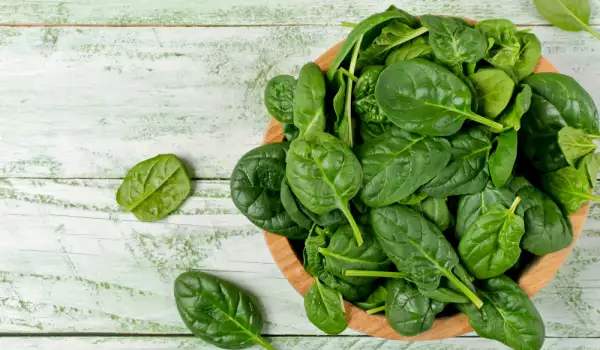
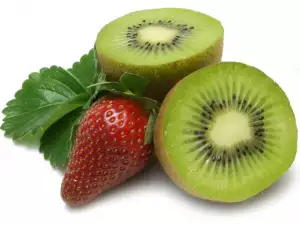




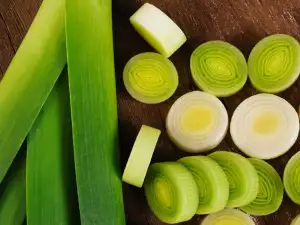



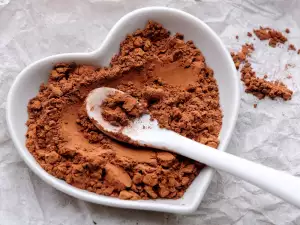
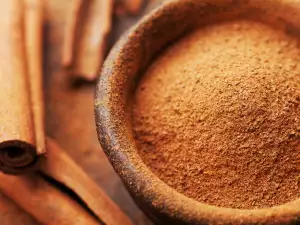

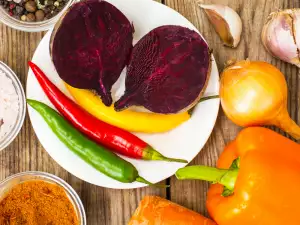

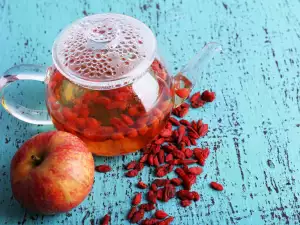



Comments